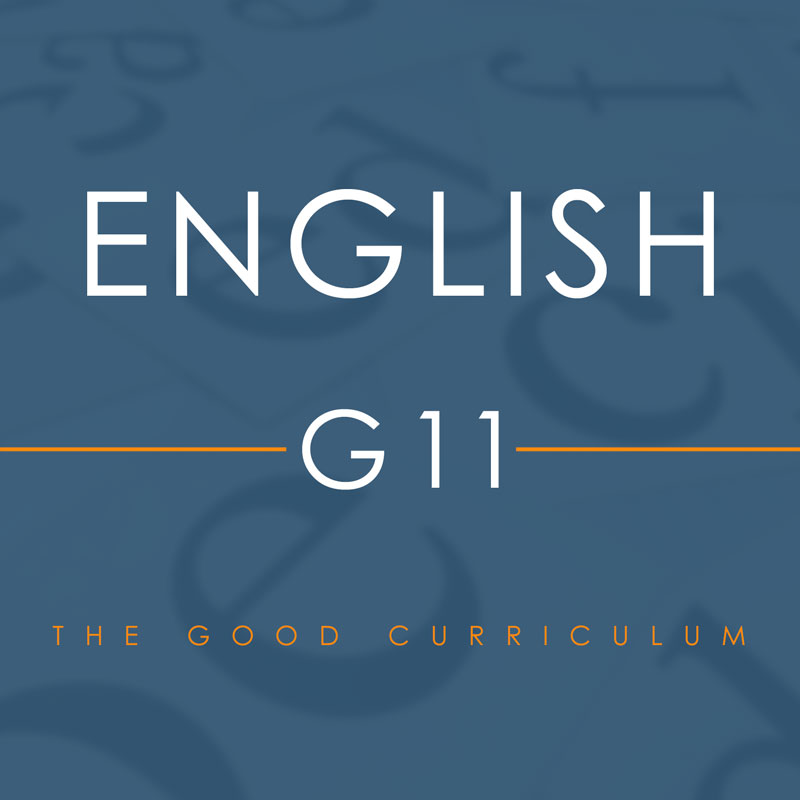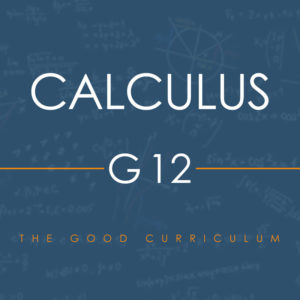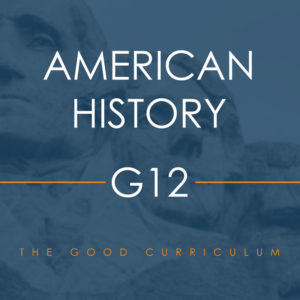Description
https://www.youtube.com/watch?v=jvXcYutrvcc#action=share
This is a course in the history of Western literature from the Reformation to modern times. It is designed to be complementary to the course on the history of Western civilization. Both courses begin in 1493.
I have selected the literature in order to illustrate the fundamental religious, philosophical, moral, and in some cases political outlook of each geographical region and each time period. I have done this in order to help reinforce the Western Civilization course. On the other hand, your familiarity with the literature will make it much easier for you to understand the religious, philosophical, moral, and political outlook of each geographical region in each time period. The courses reinforce each other.
When you are through with this course, you will have the ability to understand why a particular region had a particular kind of literature written by a particular author. You will have answers to those crucial five questions: “who, what, where, when, and why?” This will apply both to your understanding of history and your understanding of literature.
Your time will be much more efficiently spent this way. You should take a literature course of some kind, and you had better take a course in Western civilization. The Good Curriculum provides two years of each. I know of no other curriculum anywhere in the country that does this. Furthermore, by creating a pair of courses that reinforce each other, the time that you spend mastering literature will help you have a much better understanding of history. Instead of wasting your time on literature that has no particular chronological connection with your history courses, you will be able to have a far clearer understanding of how the fundamental principles that govern each period of time, in each geographical region, worked their way into the literature.
This will also help you understand the literature. If you have no real understanding of the historical background of the literature, the literature becomes much more difficult to understand. You will miss too much. This is how most students study English literature and Western literature. They do not have a solid background in history, so they get bogged down in the technical details of literary criticism, when what they really need is historical understanding of the background to the literature. This is rarely taught even at the collegiate level in English courses.
My training is in history. I have a Ph.D. in history. I was a graduate teaching assistant in Western civilization at the University of California, Riverside, in the late 1960s. So, I have the historical background needed to provide the relevant background material to the literature I will assign.
Even after teaching Western civilization when I was in my late 20s, it was not until I was in my late 40s that I really had a handle on how to teach both history and literature. I began to ask better questions about the fundamental presuppositions of Western civilization, and these questions are virtually never asked in courses on Western literature.
The class covers the following:
16th century
17th century
18th century
19th century
20th century
There will be one essay per week, presumably written every Friday. If you procrastinate, there go your Saturdays, too. Do not procrastinate. There will be a final term paper in the last three weeks of the course.
My philosophy of teaching literature is simple: KISS. Keep it short and simple. I will assign representative examples of great literature and influential literature, but only short books. You have time to read shorter documents that illustrate the fundamental principles of cultural understanding, which are these: sovereignty, authority, law, sanctions, and succession. Nobody else teaches literature this way. So, it will be a grand experiment. When you reach college, you will have an interpretation grid — a hermeneutic — that will enable you to impress your professors, because nobody they have ever seen will have possessed this grid, other than students who went through The Good Curriculum.
What is this hermeneutic? In literature, this:
Sovereignty
Authority
Ethics
Decisions
Resolution





Reviews
There are no reviews yet.